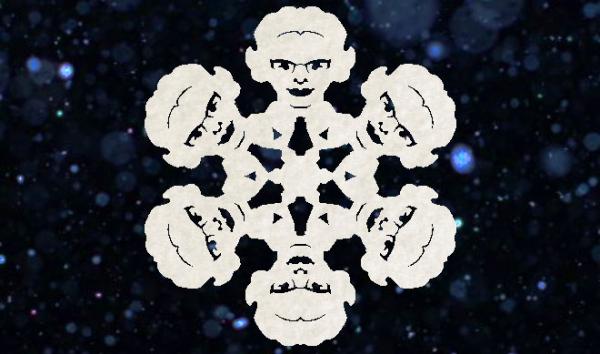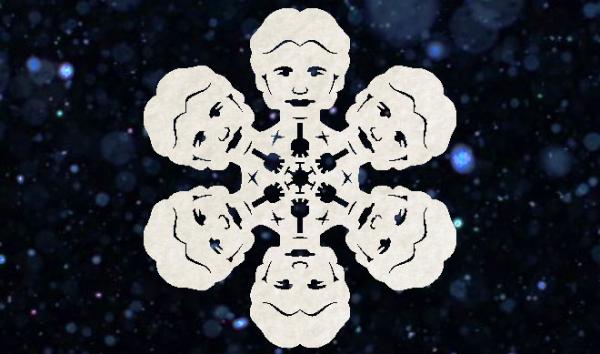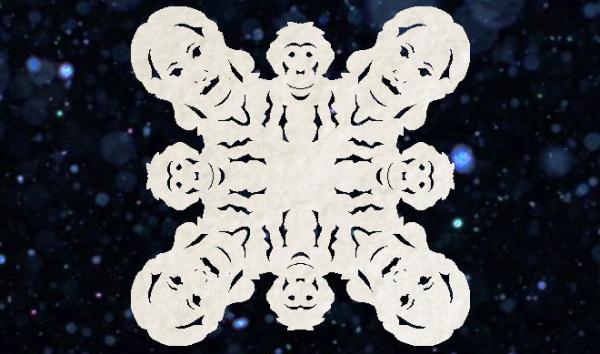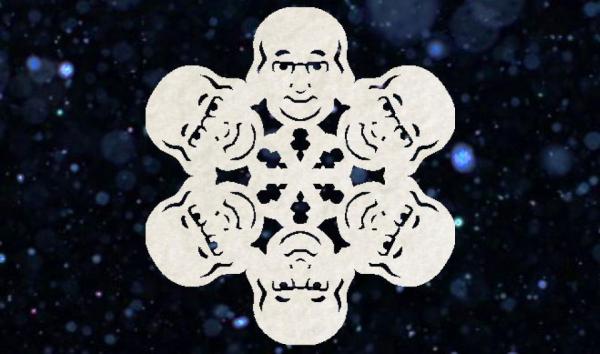Dorothy Vaughan
Dorothy Vaughan was one of NASA’s leading mathematicians and “human computers” working with the American space program from its earliest days. In 1949, she became the space program’s first African-American manager.
Grace Hopper
Grace Hopper was a computer scientist, a U.S. Navy rear admiral, and one of the first programmers of the Harvard Mark I computer. She helped develop computer programming practices that are still widely used.
Katherine Johnson
Katherine Johnson is an African-American mathematician whose calculations in celestial navigation were critical to the NASA missions of John Glenn, Apollo 11, the Space Shuttle program, and even plans for a mission to Mars.
Marie Skłodowska Curie
Marie Curie was the first woman to win a Nobel Prize, the first person (and only woman) to win it twice, and the only person to win it in two different sciences. She developed the theory of radioactivity along with many other accomplishments.
Rosalind Franklin
Rosalind Franklin was a British chemist and X-ray crystallographer who was a pioneer of the study of molecular structures, including DNA (mostly recognized posthumously), and was an innovator of X-ray diffraction techniques.
Jane Goodall
Jane Goodall is the world's foremost expert on chimpanzees and is best known for her 55+ year study of wild chimpanzees’ social and family interactions. Fun fact: she holds the honorific title of "Dame," which means she was knighted!
Sally Ride
In 1983, physicist and astronaut Sally Ride became the first American woman in space at only 32 years old (still a record). It was revealed after her death that she had discovered the reason behind the Challenger disaster (a failed O-ring seal).
Mary Jackson
Mary Jackson was the first black female engineer at NASA, where she earned their most senior engineering title and later became the manager of both the Federal Women’s Program and of the Affirmative Action Program to help other women.










